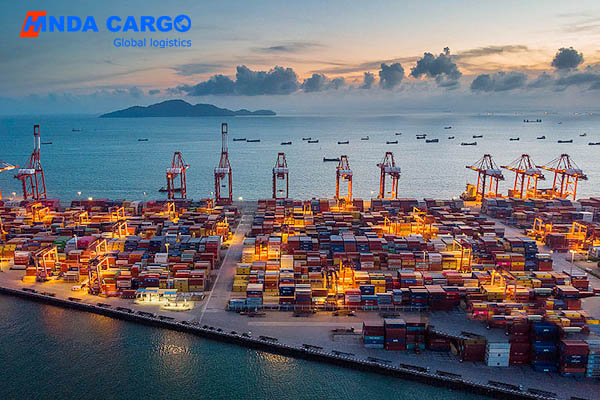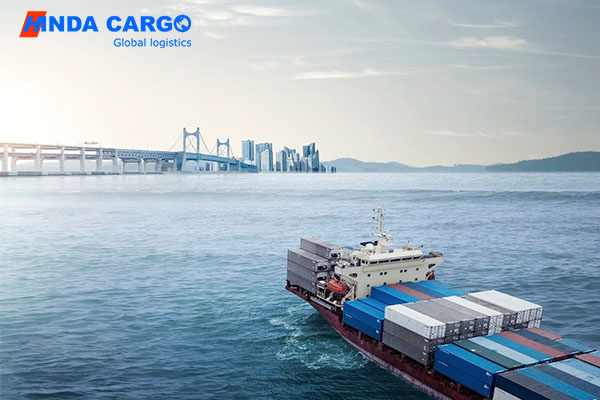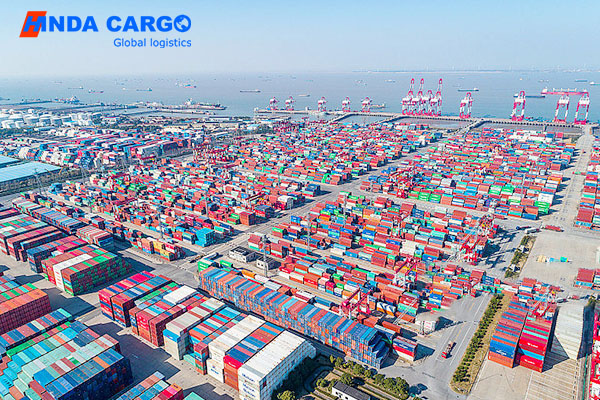Is FOB shipping cheaper?
In international trade, choosing the right freight agreement is crucial to the success of the transaction and cost control. FOB (free on board) and CIF (cost, insurance and freight) are two common international trade terms, each with different advantages and disadvantages.
In this news article, we will explore why buyers consider FOB agreements to be cheaper and more cost-effective, and what factors buyers and sellers need to consider when choosing between FOB and CIF. Next, we will discuss what issues buyers need to weigh when choosing FOB and CIF, and finally explore the key points sellers need to pay attention to when choosing FOB and CIF.
Is FOB shipping cheaper?
Buyers generally believe that FOB agreements are cheaper and more cost-effective than CIF. This is because FOB agreements give buyers greater choice and control, allowing them to choose their own shippers and insurance limits. Such flexibility helps buyers optimize logistics processes according to their own needs, thereby reducing costs.
1. Buyer’s control:
Under an FOB agreement, buyers can choose the shipper and insurance company that best suits their needs. Buyers can choose the optimal transportation method and insurance plan based on factors such as the nature of the goods, destination, and transportation time.
2. Cost transparency:
Because buyers deal directly with shippers and insurance companies, they can have a clearer understanding of what each fee consists of and avoid additional costs due to seller selection. This gives buyers greater control over costs.
3. Market competition:
Buyers can take advantage of market competition to find the most cost-effective service providers. This competition helps reduce shipping and insurance costs and improves overall profitability for buyers.
4. Logistics flexibility:
The FOB agreement allows buyers to adjust logistics plans according to their own needs, including choosing transportation routes and methods. This flexibility can reduce unnecessary expenses and improve logistics efficiency.

What issues do buyers need to consider when choosing FOB and CIF?
Buyers need to carefully weigh multiple factors when choosing FOB and CIF, including cost, risk and logistics management.
1. Cost control:
When choosing an FOB agreement, buyers can choose their own shipping and insurance services to control costs. Buyers need to research the market and find the most competitive offer. A CIF agreement allows the seller to bear more costs, but the buyer may have no control over these costs.
2. Risk management:
Under the FOB agreement, the buyer bears the risk after the goods are shipped and needs to ensure the safety of the goods during transportation. The CIF agreement allows the seller to bear the transportation risk, and the buyer can reduce this burden.
3. Supply chain coordination:
When choosing a FOB agreement, buyers need to coordinate their own supply chain, including logistics and insurance. This may require more management and communication work, but it also gives the buyer more autonomy.
4. Transaction relationship:
The relationship and level of trust between the buyer and seller will also affect the buyer's choice of FOB and CIF agreements. If the buyer trusts the seller's selection and management capabilities, it may be simpler to choose a CIF.

What issues should sellers pay attention to when choosing FOB and CIF?
Sellers need to weigh multiple aspects such as cost, liability and competitive advantage when choosing between FOB and CIF agreements.
1. Cost borne:
Under the FOB agreement, the seller is only responsible for loading the goods on the ship, and other costs are borne by the buyer. Under a CIF agreement, the seller needs to pay for the transportation and insurance of the goods, which will increase the seller's costs.
2. Scope of responsibility:
When choosing an FOB agreement, the seller's responsibility ends when the goods are shipped. When choosing a CIF agreement, the seller assumes more responsibility and needs to ensure the safety of the goods during transportation.
3. Competitive advantages:
A CIF agreement may enhance a seller's competitive advantage in the international market because it provides a more convenient way for buyers to transact. However, it may also mean higher costs and risks for the seller.
4. Insurance and logistics management:
Under the FOB agreement, the seller does not need to participate in logistics and insurance choices. Under the CIF agreement, the seller needs to choose appropriate transportation and insurance services to ensure that the goods reach the destination safely.

Summarize
In international trade, there are significant differences between FOB and CIF agreements in terms of cost, liability and risk. When buyers and sellers choose these two agreements, they need to weigh the pros and cons based on their own needs and actual circumstances. Regardless of whether you choose FOB or CIF, both parties need to fully understand their respective responsibilities and obligations before the transaction to ensure that the transaction proceeds smoothly.




